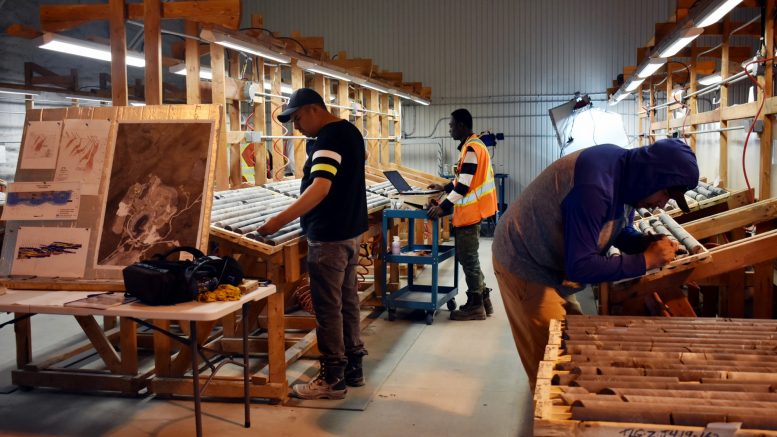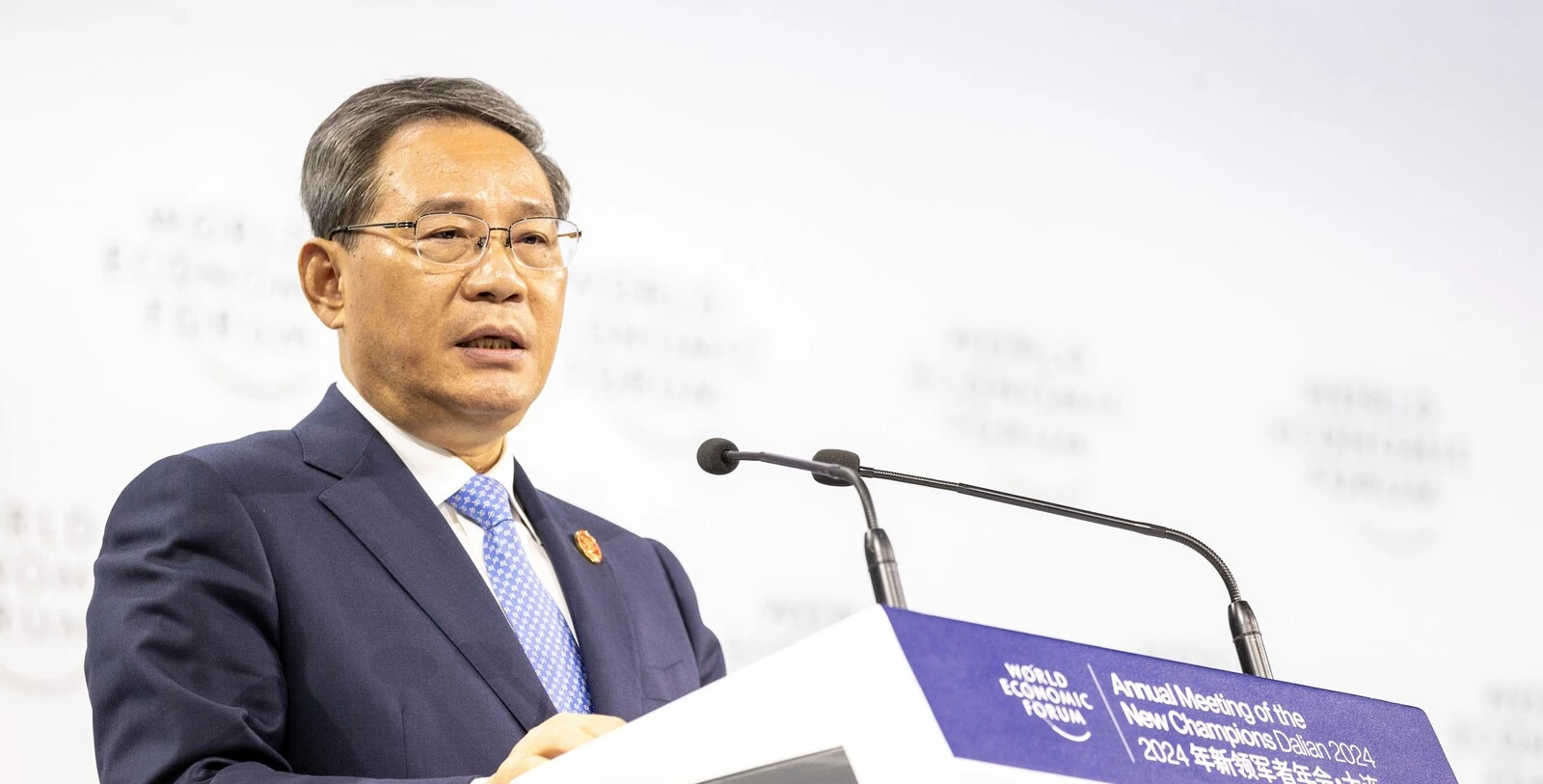Troilus steps out Southwest zone in Quebec

Ahead of an updated resource estimate and pre-feasibility study due out in the second half of the year for its namesake project in north-central Quebec, Troilus Gold (TSX: TLG) has released drill results from the Southwest zone. These latest assays expand mineralization out along strike, down dip and within the pit shell defined in a September 2020 preliminary economic assessment.
The drill results suggest a 25% increase to the strike of the Main portion of the Southwest zone, expanding it to over 1 km from 825 metres previously. The West area within the Southwest zone has been extended by 100 metres. In addition, Troilus has traced a potential new zone of gold mineralization, southeast of the Main portion, with ‘above average gold bearing intervals’ that would bring up the width of the Southwest zone to over 650 metres.
At depth, Troilus has hit gold zones as deep as 500 metres below the PEA pit shell; additional drilling with the conceptual shell has confirmed extensions of higher-grade mineralization in a previously undrilled area.
Drill highlights include 9 metres of 3.65 g/t gold-equivalent; 9 metres of 1.62 g/t gold-equivalent; and 15 metres of 1.18 g/t gold-equivalent. All of these intervals include higher-grade sub-sections, such as 6 metres of 5.32 g/t gold-equivalent and 1 metre of 5.87 g/t gold-equivalent.
““We are very excited by these latest results obtained from the north east extent of the Southwest zone, which advance further into the 2.5-km gap between the Southwest zone and Z87. Results to date demonstrate a strong continuity of mineralization from the Southwest Zone towards Z87 and J zone,” Justin Reid, CEO of Troilus Gold, said in a release.
“As we continue stepping out to the northeast, closing the gap towards Z87, we are observing gold mineralization over large widths and at higher grades than the original Southwest mineral resource estimate, that remain open in all directions.”
The executive added that the results from the Southwest zone are expected to positively impact the upcoming pre-feasibility study. The latest results will be incorporated into an updated resource that is expected along with the engineering study.
With 8,500 metres of drilling incorporated into the existing resource, the Southwest zone currently contributes 22.6 million inferred tonnes at 0.8 g/t gold-equivalent to the company’s inventory. In July, Troilus released an updated resource with 177.3 million indicated tonnes grading 0.75 g/t gold, 0.08% copper and 1.17 g/t silver, as well as 116.7 million inferred tonnes at 0.73 g/t gold, 0.07% copper and 1.04 g/t silver. The indicated resource contains 5 million gold-equivalent oz. and features a gold-equivalent grade of 0.87 g/t; the inferred portion features 3.2 million gold-equivalent oz., based on a 0.84 g/t gold-equivalent grade.
Existing resources are contained within the Southwest, Z87 South, Z87 and J zones. In September, Troilus started a 20,000-metre drill program at the project.
The September PEA outlined a 22-year, $333 million open pit and underground mine producing an average of 220,000 gold oz. a year over the first five years of operation.
The generated over 2 million gold oz. and 70,000 tonnes of copper from open-pit operations between 1996 and 2010. The site lies within the Frotet-Evans greenstone belt and is 170 km by road northeast of Chibougamau.
(This article first appeared in the Canadian Mining Journal)
{{ commodity.name }}
{{ post.title }}
{{ post.date }}




Comments